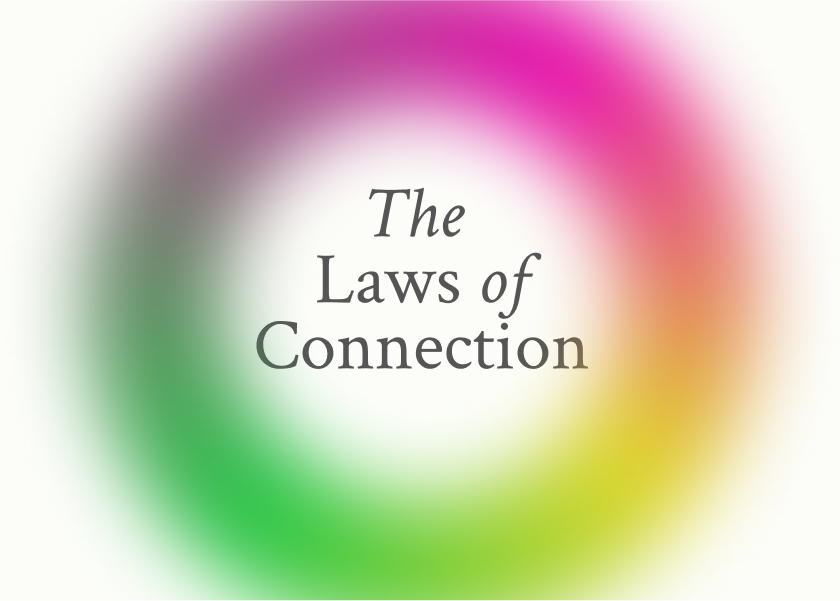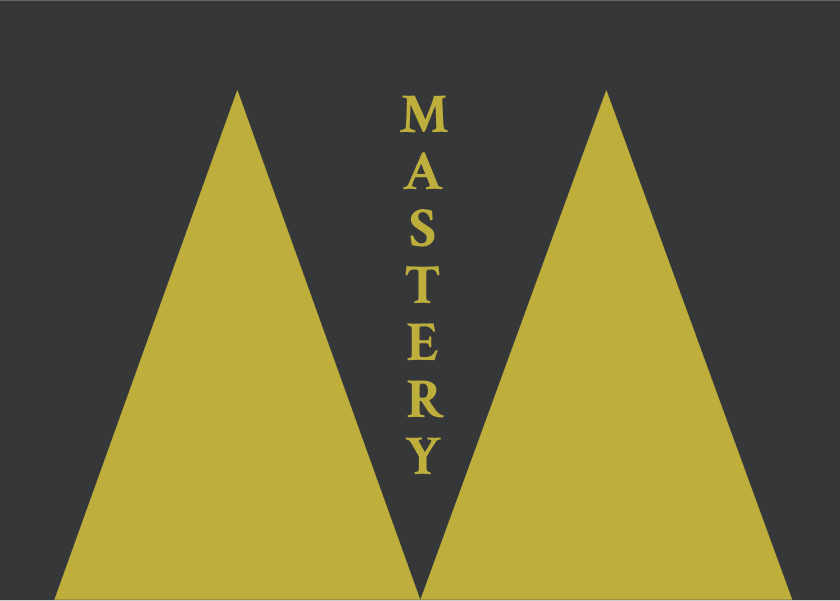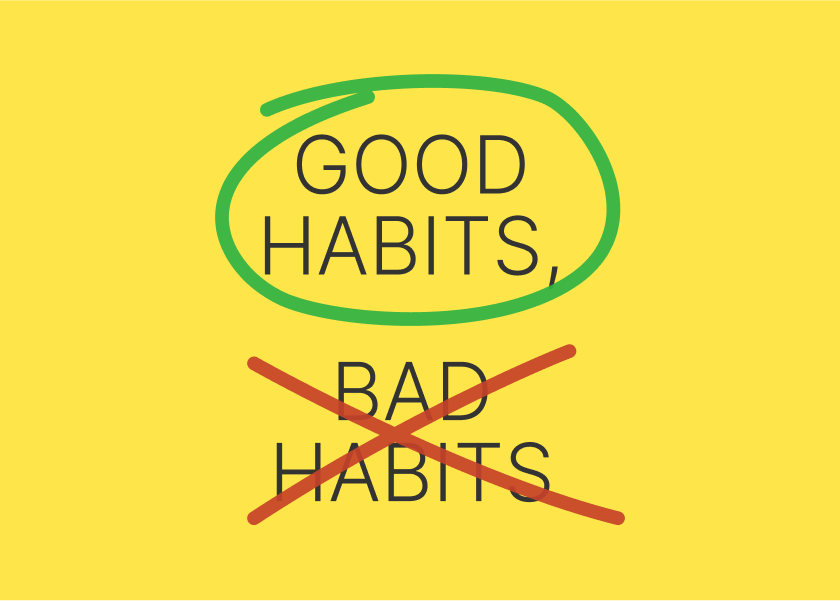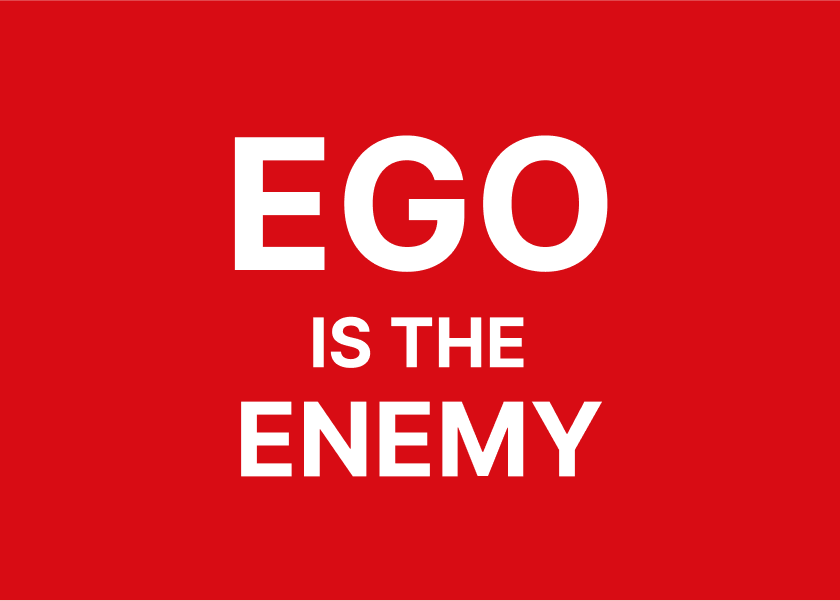Outlive by Peter Attia - Summary
Outlive your life expectancy and live better! This book provides an actionable guide to extend your lifespan and healthspan. Learn strategies for exercise, nutrition, sleep, and emotional well-being. Take control of your health journey now!
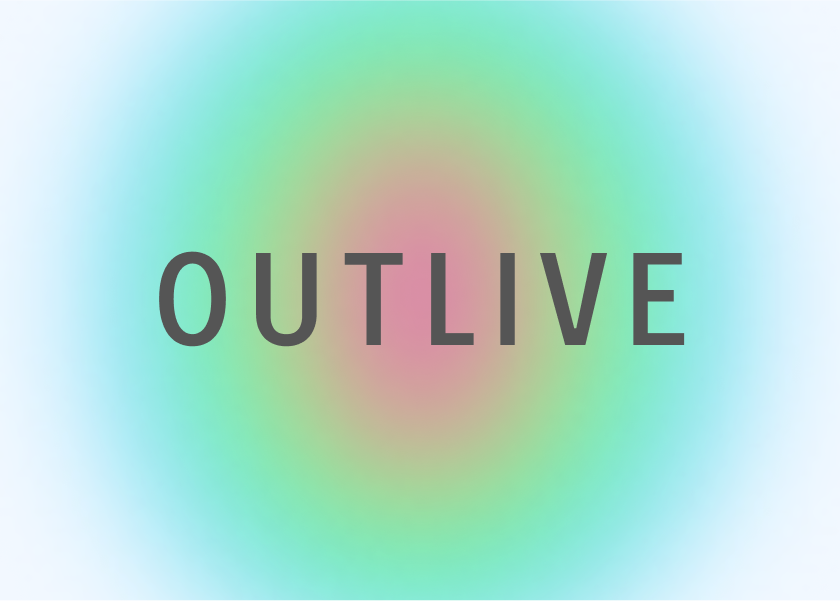
The following is a summary and review of the book Outlive by Peter Attia.
The Science and Art of Longevity
Are you merely existing, or truly living? In a world obsessed with treating illness, Peter Attia’s Outlive: The Science and Art of Longevity presents a compelling paradigm shift, urging us to proactively pursue a longer and, crucially, healthier life. This groundbreaking work challenges conventional medical thinking and provides an actionable operating manual for extending both your lifespan and your healthspan – the years you live in good health.
This article provides a comprehensive summary of Outlive, drawing directly from the text itself to offer you key insights and practical takeaways. Reading this summary will equip you with a solid understanding of Attia’s core arguments and the fundamental principles of longevity, potentially saving you time while highlighting the most actionable tips you can implement immediately.
Table of Contents
- About the Author
- Who Should Read This Book?
- Key Insights and Themes
- Detailed Summary
- Review
- Actionable Takeaways
- FAQs
- Conclusion
About the Author
Peter Attia, MD, is a physician who has dedicated his career to understanding and applying the science of longevity. With a background in surgery, Attia brings a rigorous, evidence-based approach to this complex subject. He emphasises the importance of nuance and accuracy when discussing scientific and medical topics for the public. His personal journey and his work with patients have shaped the insights presented in Outlive, aiming to translate complex research into accessible and practical guidance for readers seeking to take control of their health. He collaborated with Bill Gifford on this book, who acted as his translator, helping to convey the complex subject matter accurately while ensuring readability for a broader audience.
Who Should Read This Book?
Outlive is for anyone who is not content with simply accepting the conventional trajectory of ageing and disease. It is particularly relevant for:
- Individuals in their 30s, 40s, and 50s who want to establish proactive strategies for long-term health and well-being, rather than waiting for age-related diseases to manifest.
- Those who are interested in the science behind longevity and prefer an evidence-based approach over fad diets or quick-fix solutions.
- People who are motivated to make significant lifestyle changes in areas such as exercise, nutrition, sleep, and emotional health to improve their future quality of life.
- Anyone who feels like a "passenger on the ship" when it comes to their health and wants to become the "captain," making informed and empowered decisions.
- Even individuals who consider themselves already "healthy" may find valuable insights to refine their approach and potentially unlock further gains in their healthspan.
Key Insights and Themes
Here are some key takeaways and main ideas explored in Outlive:
- The Long Game: Shifting the focus from preventing "fast death" (infectious diseases, accidents) to delaying "slow death" caused by chronic diseases like heart disease, cancer, Alzheimer's, and type 2 diabetes.
- Medicine 3.0: Rethinking the current medical model (Medicine 2.0) which primarily reacts to illness, towards a proactive, preventative approach (Medicine 3.0) focused on optimising health and extending healthspan.
- Objective, Strategy, Tactics: Emphasising the importance of first defining your personal longevity objectives, then developing a strategy, before jumping into specific tactics for exercise, nutrition, sleep, and emotional health.
- The Vital Four: Prioritising exercise, nutrition, sleep, and emotional health as the cornerstones of a comprehensive longevity strategy.
- Exercise as the Most Powerful Longevity Drug: Highlighting the profound impact of exercise on overall health and longevity, suggesting a need to rethink and modify current exercise programmes.
- Nutritional Biochemistry: Moving beyond simplistic dietary advice to understand the complex biochemical effects of different eating patterns and empowering individuals to find what works best for them.
- The Primacy of Metabolic Health: Recognising metabolic dysfunction as a central underlying factor in many age-related diseases and focusing on strategies to improve metabolic health.
- Emotional Health as Essential: Underscoring that longevity is meaningless without emotional well-being, and emotional suffering can significantly impact physical health.
- Personalisation: Stressing that there is no one-size-fits-all solution for longevity; individual feedback and iteration are crucial for developing a sustainable and effective plan.
Detailed Summary
Part I: Laying the Foundation
1. The Long Game: From Fast Death to Slow Death
This chapter introduces the shift in mortality patterns over the last century, with chronic diseases now being the primary causes of death. It sets the stage for a proactive approach to longevity, moving beyond simply avoiding immediate causes of death.
2. Medicine 3.0: Rethinking Medicine for the Age of Chronic Disease
Attia critiques the reactive nature of modern medicine (Medicine 2.0) and advocates for a preventative, personalised approach (Medicine 3.0) focused on optimising health and delaying chronic diseases. The chapter touches upon the limitations of current guidelines and the need for a more forward-thinking strategy. The motto "First, do no harm" is discussed in its historical context.
3. Objective, Strategy, Tactics: A Road Map for Reading This Book
This crucial chapter outlines the framework for the book. It emphasises the importance of defining personal longevity objectives (what do you want to outlive for?), developing a strategy based on scientific principles, and then implementing specific tactics in exercise, nutrition, sleep, and emotional health. The book promises to guide readers in building their own "playbook".
Part II: The Major Players in Longevity
4. Centenarians: The Older You Get, the Healthier You Have Been
Examining the characteristics of centenarians, this chapter challenges the notion that extreme longevity is solely determined by genetics. While genetics play a role, the chapter explores whether we can "mimic the centenarians’ phenotype" through our behaviours. Studies on Ashkenazi Jewish centenarians suggest that "healthy" behaviours may not be the sole determinant of extreme longevity.
5. Eat Less, Live Longer: The Science of Hunger and Health
This chapter delves into the science behind caloric restriction and its effects on longevity, exploring mechanisms like mTOR. It questions the simplistic "eat less, live longer" mantra and discusses the complexities of hunger and metabolic health.
6. The Crisis of Abundance: Can Our Ancient Genes Cope with Our Modern Diet?
This chapter explores the mismatch between our evolutionary biology and the modern Western diet, highlighting the rise of metabolic dysfunction. It emphasizes that even thin individuals can suffer from metabolic issues.
7. The Ticker: Confronting—and Preventing—Heart Disease, the Deadliest Killer on the Planet
Focusing on cardiovascular disease, this chapter discusses the underlying mechanisms like atherosclerosis and the importance of early detection and aggressive prevention. It touches upon the role of cholesterol, particularly LDL-C and apoB, and Attia's view that these should be kept as low as possible within safety limits. The Atlas of Atherosclerosis Progression and Regression by Herbert C. Stary is mentioned as a tool for understanding the seriousness of the disease.
8. The Runaway Cell: New Ways to Address the Killer That Is Cancer
This chapter examines cancer, its increasing prevalence, and emerging approaches to prevention and treatment, including the role of genetics and lifestyle factors. It highlights that a significant portion of cancer research funding focuses on treatment rather than prevention.
9: Chasing Memory: Understanding Alzheimer’s Disease and Other Neurodegenerative Diseases
This chapter addresses the growing epidemic of neurodegenerative diseases, particularly Alzheimer's, and the challenges in finding effective treatments. It discusses the lengthy preclinical phase of these diseases and the potential role of lifestyle interventions in reducing risk.
Part III: Putting It All Together
10. Thinking Tactically: Building a Framework of Principles That Work for You
This chapter shifts from understanding the "why" to the "how," emphasising the need for a personalised framework for longevity. It reiterates that the book does not provide a step-by-step plan but rather a framework for managing movement, nutrition, sleep, and emotional health.
11. Exercise: The Most Powerful Longevity Drug
This chapter makes a strong case for exercise as the most impactful intervention for extending lifespan and healthspan. It highlights the alarming statistic that a significant percentage of the US population does not meet even minimal exercise recommendations.
12. Training 101: How to Prepare for the Centenarian Decathlon
This chapter delves into the principles of exercise training, introducing concepts like Zone 2 training for improving mitochondrial health and the importance of maintaining strength, stability, and power as we age. The idea of preparing for a "Centenarian Decathlon" – being physically capable in old age – is introduced.
13. The Gospel of Stability: Relearning How to Move to Prevent Injury
This chapter focuses on the often-overlooked aspect of stability training, emphasizing the importance of proper movement patterns to prevent injuries that can significantly impact quality of life and longevity. The author acknowledges that detailed instructions for exercises are best learned in person.
14. Nutrition 3.0: You Say Potato, I Say “Nutritional Biochemistry”
This chapter advocates for a deeper understanding of nutrition beyond simplistic labels, encouraging readers to think in terms of nutritional biochemistry. It discusses the complexities of nutritional epidemiology and the challenges of drawing definitive conclusions from dietary studies. The chapter poses fundamental questions about being undernourished or overnourished, undermuscled or adequately muscled, and metabolically healthy or not.
15. Putting Nutritional Biochemistry into Practice: How to Find the Right Eating Pattern for You
Building on the previous chapter, this chapter provides guidance on how to apply the principles of nutritional biochemistry to find a personalised eating pattern that supports longevity and health. It acknowledges that the "right" eating pattern is individual and requires experimentation and adaptation.
16. The Awakening: How to Learn to Love Sleep, the Best Medicine for Your Brain
This chapter highlights the critical role of sleep in both physical and cognitive health, detailing the negative consequences of sleep deprivation and offering strategies for improving sleep quality. Even one sleepless night can have detrimental effects.
17: Work in Progress: The High Price of Ignoring Emotional Well-being
The final chapter underscores the vital importance of emotional health for overall longevity. It discusses how emotional suffering can undermine physical health and emphasises the need to address emotional well-being as part of a comprehensive longevity strategy. The author shares personal experiences and insights into the importance of reframing and addressing underlying emotional issues.
Review
Outlive: The Science and Art of Longevity is a comprehensive and thought-provoking exploration of how to extend both lifespan and healthspan. Attia successfully bridges the gap between complex scientific research and accessible guidance for the lay reader. One of the book's key strengths is its actionable approach, empowering readers to take control of their health through informed strategies in exercise, nutrition, sleep, and emotional well-being. The emphasis on personalised strategies and the rejection of one-size-fits-all solutions is also a significant advantage.
However, the sheer depth and scientific detail may be overwhelming for some readers, despite the author's efforts to maintain readability. While the book provides a robust framework and principles, the lack of very granular, step-by-step instructions in areas like exercise and nutrition might leave some readers wanting more concrete guidance. Attia himself acknowledges this limitation, noting that individual feedback and iteration are necessary for truly tailored advice.
Overall, Outlive is a valuable resource for those who are serious about optimising their long-term health and are willing to engage with the underlying science. It encourages a paradigm shift towards proactive longevity and provides a solid foundation for developing a personalised strategy.
Actionable Takeaways
Here’s how to apply these lessons in real life:
- Prioritise Exercise: If you only adopt one new set of habits, make it exercise. Rethink and modify your current programme or start incorporating regular physical activity, aiming for a well-rounded approach that includes cardiorespiratory fitness, strength training, and stability.
- Think Strategically About Nutrition: Move beyond fad diets and focus on understanding the biochemical effects of different food choices. Aim to consume fewer calories while ensuring adequate protein intake, and be mindful of metabolic health.
- Value Sleep as Essential Medicine: Make sleep a non-negotiable priority. Identify factors affecting your sleep quality and implement strategies to improve it.
- Address Your Emotional Health: Recognise the profound impact of emotional well-being on physical health. Consider practices like reframing and seeking professional help if needed to address emotional suffering.
- Become the Captain of Your Health: Take a proactive approach to your health journey. Define your longevity objectives, educate yourself on the underlying science, and work towards implementing sustainable lifestyle changes.
As an Amazon Associate, ShelfHelp may earn money from qualifying purchases. Needless to say, ShelfHelp only includes affiliate links to books we recommend and think are worth your time reading.
FAQs
- What is Outlive about? Outlive is a book by Peter Attia, MD, that challenges the conventional approach to medicine and provides a science-based framework for extending both lifespan (how long you live) and healthspan (how many years you live in good health). It focuses on proactive strategies in exercise, nutrition, sleep, and emotional well-being to delay chronic diseases.
- Does Outlive provide specific diet plans? No, Outlive does not offer specific, one-size-fits-all diet plans. Instead, it emphasises the principles of "Nutritional Biochemistry" and aims to equip readers with the tools to understand how different foods affect their bodies, enabling them to find a personalised eating pattern that works for them.
- Is Outlive worth reading? If you are interested in a comprehensive, science-backed guide to longevity and are motivated to make meaningful lifestyle changes, Outlive is highly recommended. It offers a valuable framework and actionable principles for taking control of your long-term health. However, readers looking for quick fixes or very specific, easy-to-follow plans might find the book's depth and scientific focus challenging.
Conclusion
Outlive: The Science and Art of Longevity is more than just a book about living longer; it's a guide to living better, for longer. Peter Attia challenges us to shift our perspective from simply treating illness to proactively building a foundation of health that will allow us to outlive our expected lifespan and enjoy a vibrant, fulfilling life in our later years. By understanding the principles outlined in this book and taking consistent action in the areas of exercise, nutrition, sleep, and emotional well-being, you can become the captain of your own health journey and chart a course towards a longer, healthier future.
As an Amazon Associate, ShelfHelp may earn money from qualifying purchases. Needless to say, ShelfHelp only includes affiliate links to books we recommend and think are worth your time reading.

